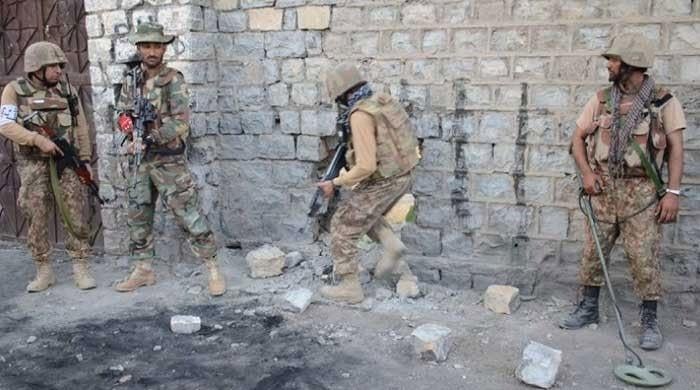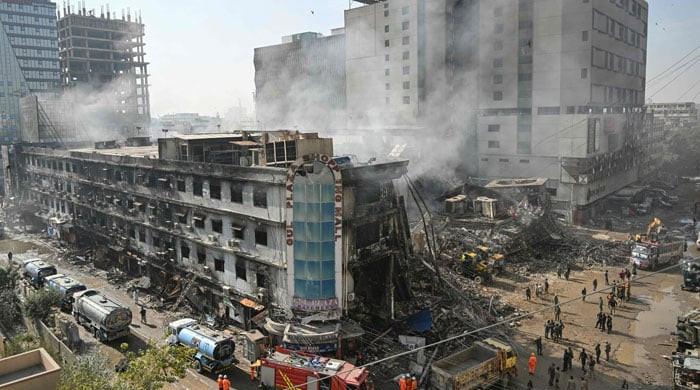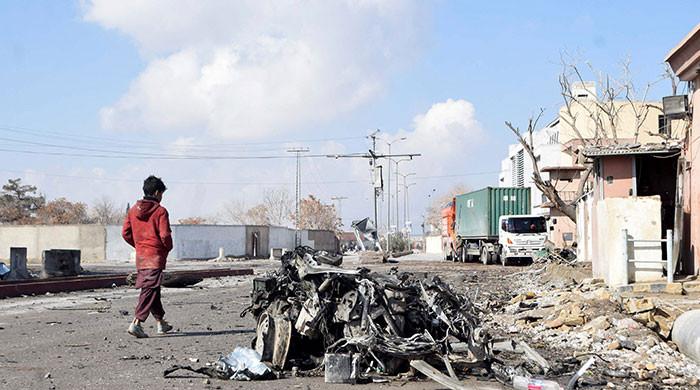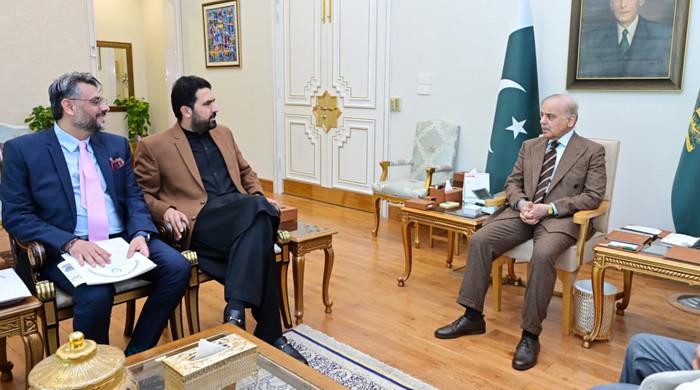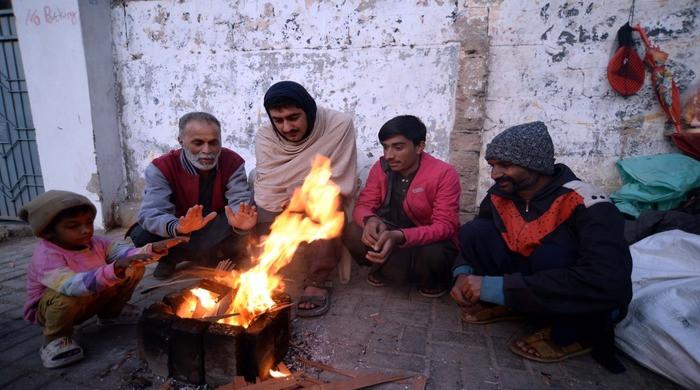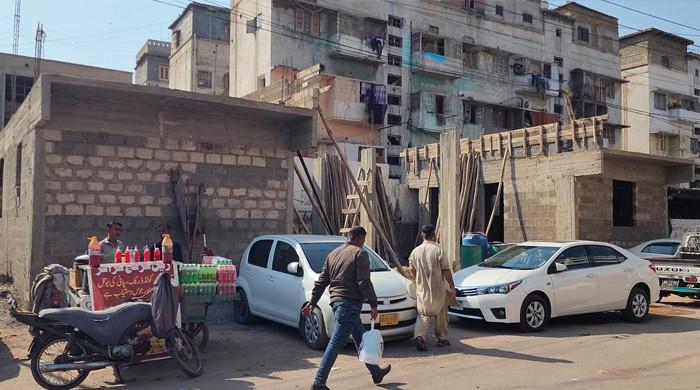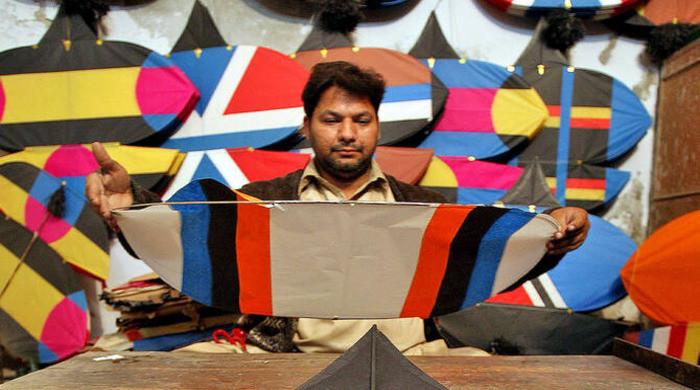PTI's bet on JI, MWM may not help secure its reserved seats in assemblies
ECP set December 22 as the deadline for the submission of these nomination papers to returning officers
February 14, 2024
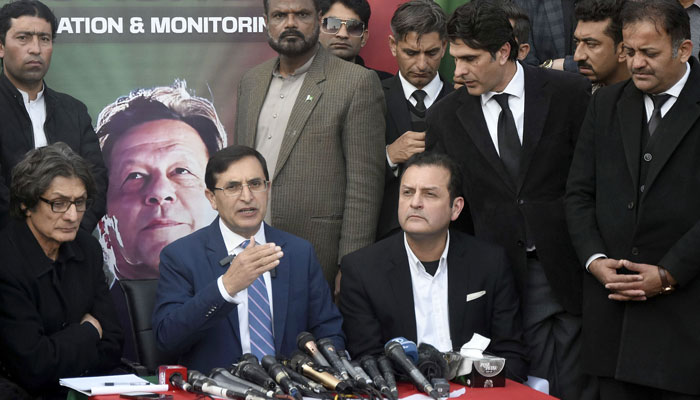
- Gohar says ECP may misinterpret Election Act to deprive PTI of reserved seats.
- "Election Act bars PTI from getting reserved seats by joining any party."
- ECP told candidates to get nomination papers from relevant ROs, DROs.
ISLAMABAD: The Pakistan Tehreek-e-Insaf (PTI) may not get reserved seats for women and minorities in the National and provincial assemblies despite allowing its independent returned candidates to join smaller political parties like the Jamaat-e-Islami (JI) or the Majlis Wahdat-e-Muslimeen (MWM).
The Election Act, 2017 makes only those women and minority nominees eligible to be considered for reserved seats whose names are submitted to the Election Commission of Pakistan (ECP) within a specified period by each political party. After the lapse of the specified period, no name can be added.
This means that PTI-backed independents joining political parties like the JI/MWM or any other party will not pave the way for the election of the PTI’s women and minority nominees against the reserved seats in the National and provincial assemblies. PTI independents joining the JI or MWM can only benefit the nominees for the reserved seats of these parties (JI or MWM) and not those of the PTI.
On December 18 last year, the Election Commission of Pakistan (ECP) instructed candidates competing for reserved seats designated for women and minorities to acquire nomination papers from the relevant returning officers and district election commissioners. The ECP set December 22 as the deadline for the submission of these nomination papers to returning officers.
When contacted, former secretary of the Election Commission of Pakistan Kanwar Dilshad said that the Election Act bars the PTI from securing its reserved seats by joining any party.
However, when asked about this Election Act clause, PTI Chairman Barrister Gohar Ali Khan said that the PTI apprehends that the ECP may misinterpret the Election Act to deprive the PTI of its reserved seats. He, however, insisted that the PTI’s legal minds are sure that the party’s legal position is clear and that clause 4 of Section 104 of the Election Act secures the PTI’s move to get its reserved seats by joining the JI and MWM.
What does Section 104 of the Election Act, 2017 say?
The said clause deals with the subject of election to reserved seats in an assembly.
According to Section 104 (1), “For the purpose of election to seats reserved for women and non-Muslims in an Assembly, the political parties contesting election for such seats shall, within the period fixed by the Commission for submission of nomination papers, file separate lists of their candidates in order of priority for seats reserved for women and non-Muslims with the Commission or, as it may direct, with the Provincial Election Commissioner or other authorized officer of the Commission, who shall forthwith cause such lists to be published for information of the public: Provided that the list submitted by a political party shall not be subject to change or alteration either in the order of priority or through addition of new names in the list or omission of any name after expiry of the date of submission of nomination papers.”
The section further says that the parties lists “may contain as many names of additional candidates as a political party may deem necessary for contesting seats reserved for women and non-Muslims, to provide for any disqualification of candidates during scrutiny of nomination papers or for filling of any vacant seats during the term of an Assembly.”
The section further goes on to say that: “(3) A candidate to a seat reserved for women or non-Muslims shall file the nomination papers on the Form on or before the last date fixed for filing of nomination papers for the election and the nomination papers shall, as nearly as possible, be scrutinized in the same manner as nomination papers of candidates on general seats are scrutinized under section 62.
“(4) If, at any time, the party list is exhausted, the political party may submit a name for any vacancy which may occur thereafter and the provisions of sub-sections (1), (2) and (3) shall, as nearly as possible, apply to fill such vacancy. (5) Where a seat reserved for women or non-Muslims in an Assembly falls vacant as a result of death, resignation or disqualification of a Member, it shall be filled in by the next person in order of precedence from the party‘s list of candidates submitted to the Commission under sub-section (1).
"(6) Before notifying the name of the next person in order of priority from the party list, such person shall submit a declaration on oath that since the filing of his nomination paper, he has not become subject to any disqualification contained in Article 63. (7) A candidate contesting election on a seat reserved for women or non-Muslims shall, along with the nomination papers and its annexures, submit to the Returning Officer appointed by the Commission in this behalf— (a) a copy of the party list of the candidate‘s political party for such seats; (b) declarations and statements in support of the nomination; and (c) proof of deposit of the fee required for filing nomination papers. (8) Where there is equality of share on a reserved seat between two or more political parties.”
Originally published in The News




